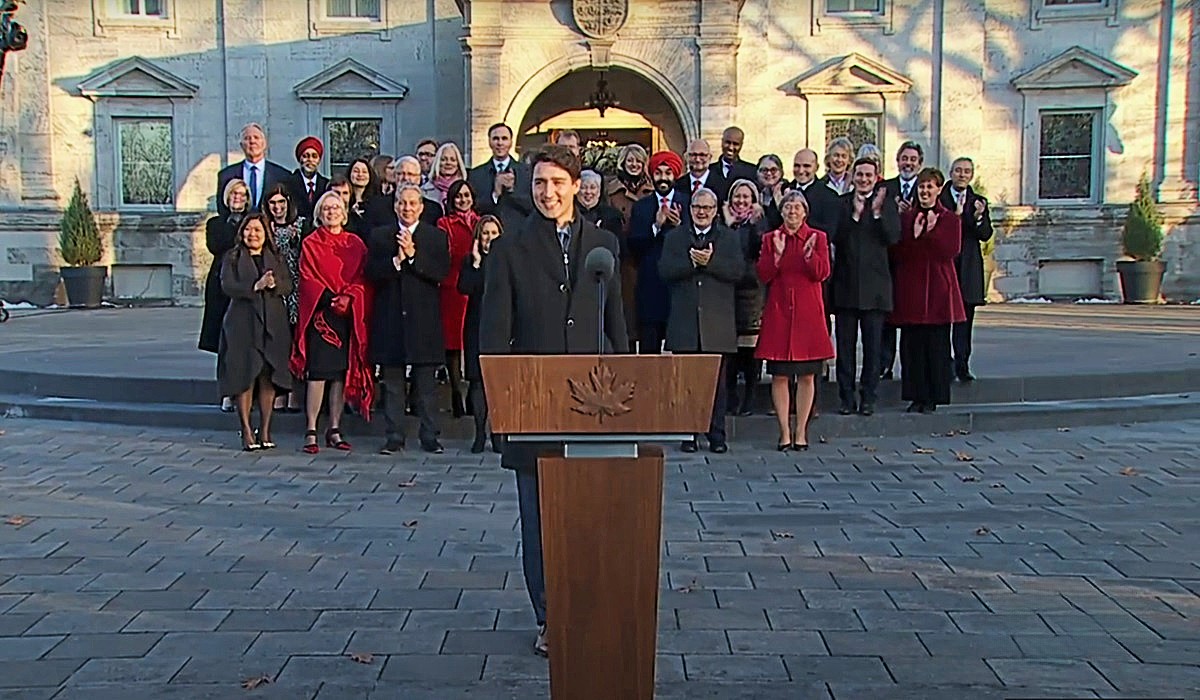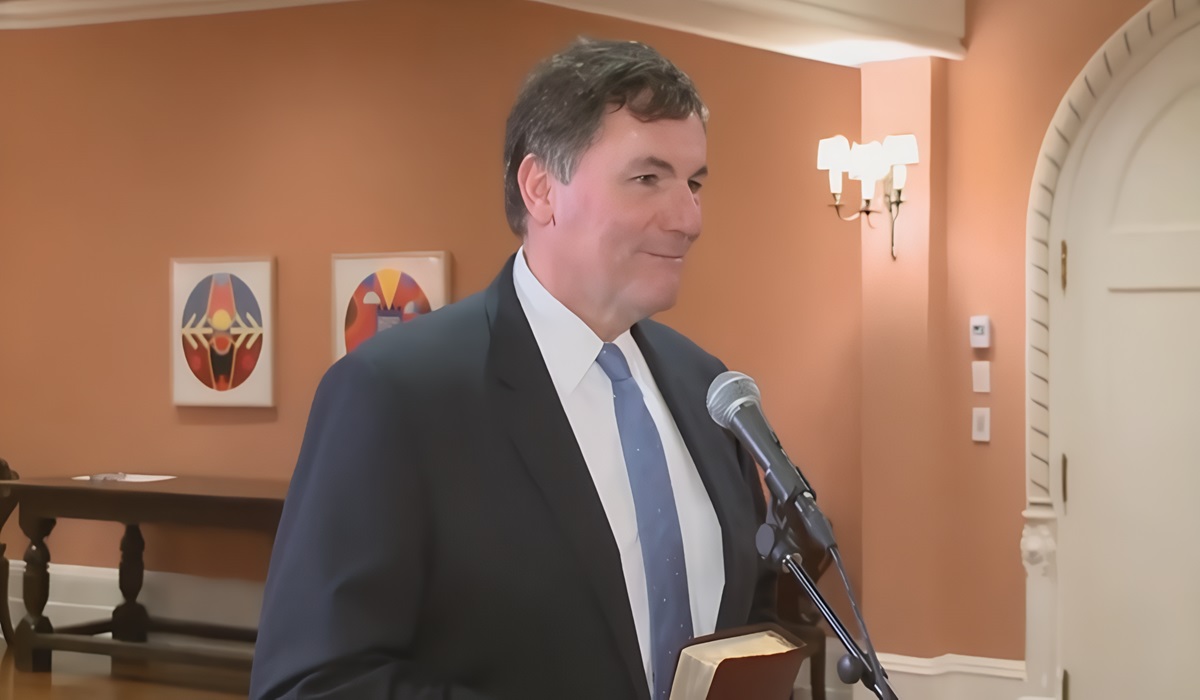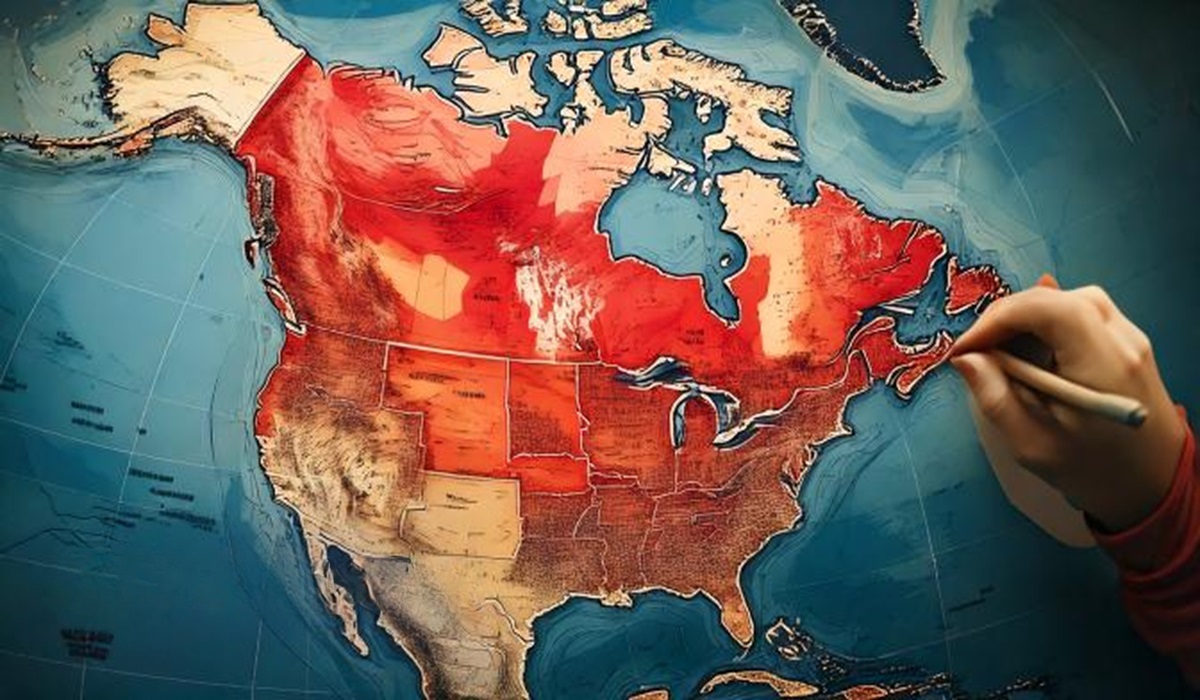The Controversial Ruling on the Emergencies Act: A Clash of Perspectives
- Ingrid Jones
- Canada
- January 24, 2024
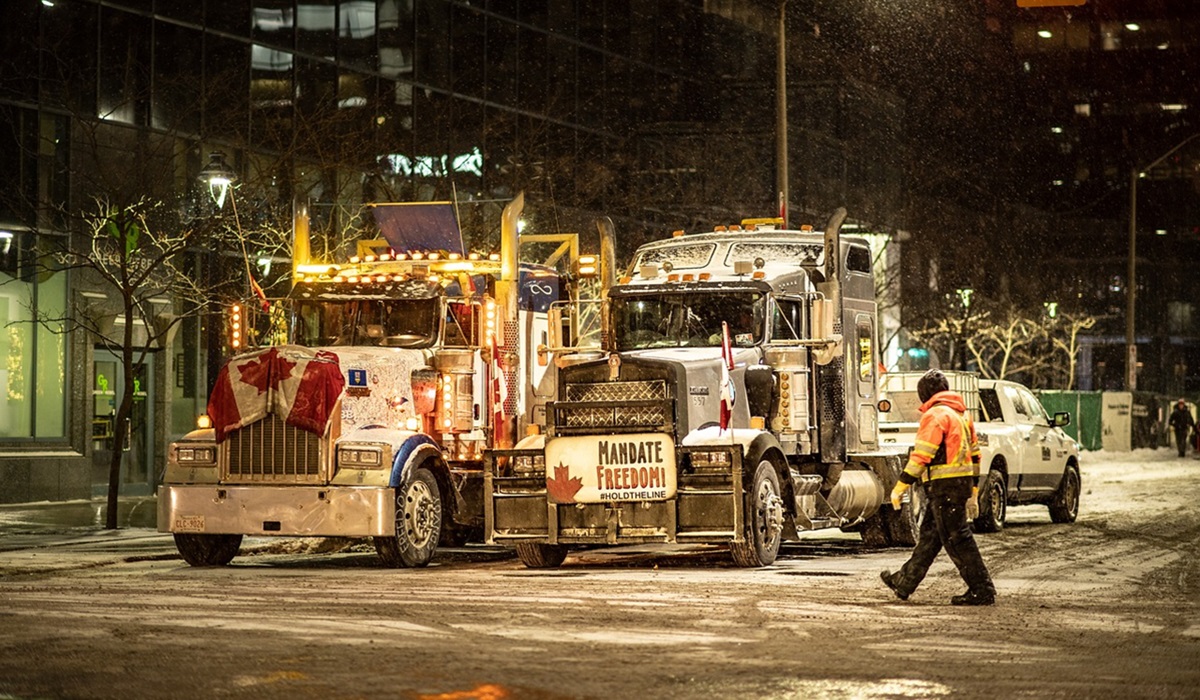
In last night’s ruling, Federal Court Justice Richard Mosley addressed the legality of invoking the Emergency Measures Act during the Canadian truck convoy protests that disrupted the nation, particularly Ottawa. Significant economic losses and disruptions led to the government’s use of drastic measures. Justice Mosley’s ruling challenges the government’s use of the Emergencies Act, stating it did not constitute a national emergency and infringed upon the protesters’ Charter of Rights and Freedoms.
Mosley’s verdict deemed the invocation of the Emergencies Act as “an unacceptable breakdown of public order” but argued that it did not rise to the level of a national emergency. He expressed concern that the decision to use emergency measures was unreasonable and ultra vires, violating the protesters’ Charter Rights. The ruling, seen as a win by those who participated in the illegal blockade, raises questions about the balance between maintaining public order and respecting individual rights.
Deputy Prime Minister Freeland acknowledged the likelihood of an appeal, indicating that the decision’s impact extends beyond the immediate ruling. The legal battle surrounding this case is expected to continue, fostering a deeper examination of the government’s actions during the protests.
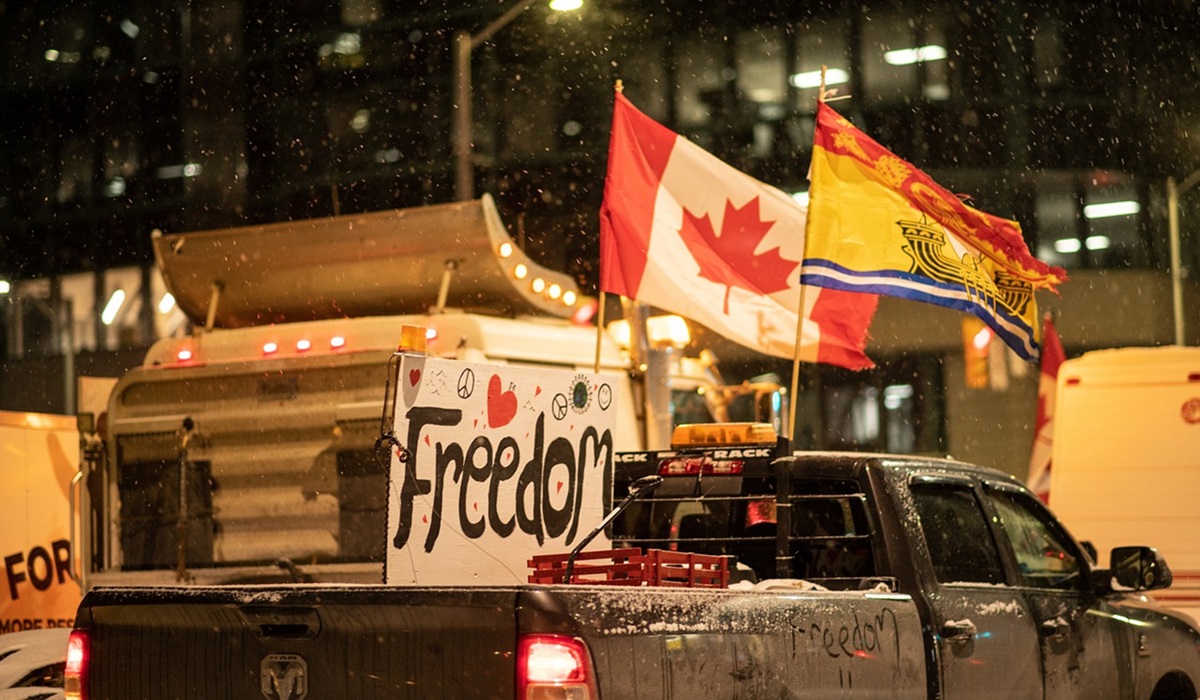
The protests gripped Canada for weeks and caused extensive disruptions, ranging from gridlocked traffic to supply chain interruptions. These events led to billions of dollars in losses, property damage, and general public nuisance. The RCMP’s arrests of fully armed individuals with intentions of causing serious harm underscored the severity of the situation.
Justice Mosley’s ruling contrasts the commissions’ findings on the convoy rendered in February 2023. Retired Justice Rouleau, in his comprehensive 2000-page ruling, stated, “In my view, there was credible and compelling information supporting a reasonable belief that the definition of a threat to the security of Canada was met.” This divergence in judicial opinions underscores the complexity and divisiveness of the issues surrounding the protests.
While some may perceive Justice Mosley’s ruling as a victory for democracy and individual rights, it is essential not to overlook the group’s occupation’s disruptive and potentially dangerous nature. Many argue that they were a menace to society, overstayed their welcome, and deserved to be broken up peacefully. The economic losses and damages incurred during the protest affected businesses and livelihoods, making a case for the government’s intervention.
The convoy’s underlying motive was ostensibly opposition to vaccine mandates. However, it is crucial to note that the majority of truckers were vaccinated, emphasizing the minority nature of the anti-vaccine stance. While peaceful protests are within the rights of every Canadian, the organizers’ objective appeared to extend beyond expressing dissent to shutting down the government and promoting an anti-vaccine narrative.

Acknowledging the government’s potential missteps in handling the COVID-19 pandemic, it is important to consider the unprecedented challenges faced during a novel and evolving situation. While protesters may criticize certain decisions, most Canadians supported vaccination efforts, recognizing the importance of collective action in curbing the spread of the virus.
Canadians must find common ground despite the conflicting rulings and persistent debates surrounding the pandemic. The prevailing thought is that the worst of the pandemic is behind us, but divisions persist. Encouraging civil discourse and acknowledging the importance of vaccination can bridge the gap between differing perspectives.
As the legal battle over the truck convoy continues, the ruling by Justice Mosley adds another layer to the complex narrative surrounding the protests. While the decision challenges the government’s use of emergency measures, it also highlights the need for a nuanced approach that considers individual rights and the broader public interest. Moving forward, Canadians must strive for unity and understanding, recognizing the importance of vaccination in overcoming the challenges posed by the pandemic. The prospect of another illegal blockade is a concern, and accountability within the framework of the Canadian judicial system remains paramount.






